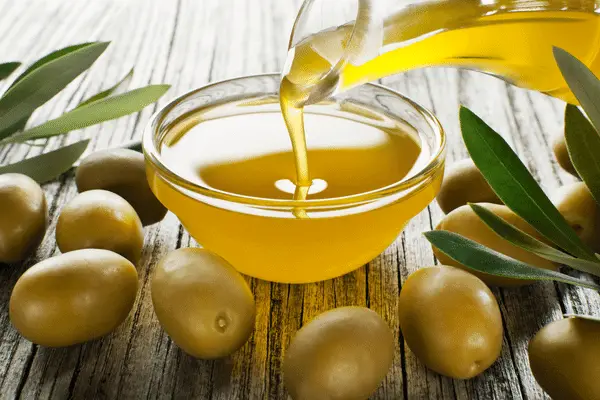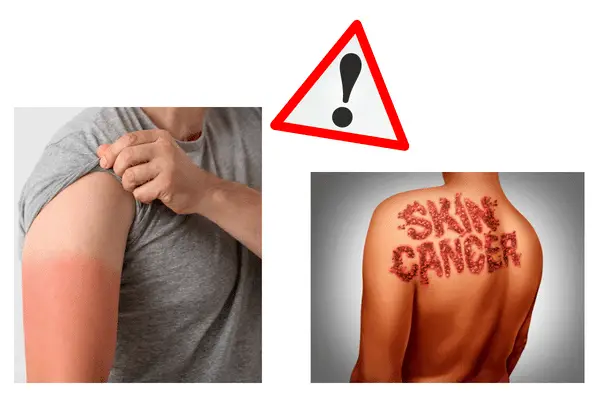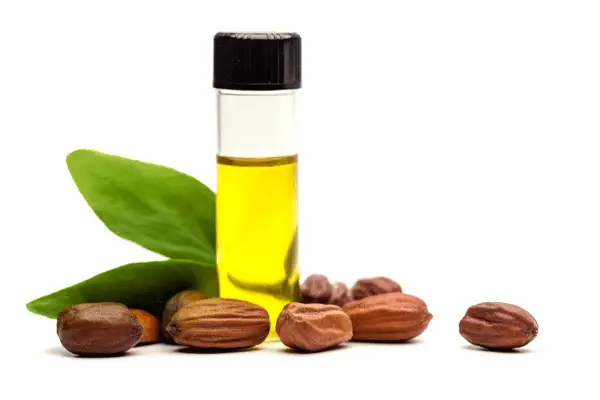Olive oil has been used for centuries as a natural remedy for various skin conditions. In recent years, it has become increasingly advertised as a way to achieve a healthy, sun-kissed glow without the risk of skin damage. So, does olive oil work as a tanning agent? The answer is yes and no.
Read on to learn more about whether or not olive oil can help you get a sun-kissed look without putting your health at risk.
What is Olive Oil and Where Does it Come From
Olive oil is a type of vegetable oil extracted from olives, the fruit of the olive tree. The olives are harvested when they are ripe and then crushed to extract the oil.
What Are the Different Types of Olive Oil?
- Extra virgin olive oil is made from the first cold pressing of olives and has a fruity, peppery flavor. It is also the most expensive and has the highest
- Virgin olive oil is also made from the first cold pressing of olives, but it has a milder flavor and is less expensive than extra virgin olive
- In addition, several types of refined olive oils are made from a blend of cold-pressed and processed.
These include:
- light olive oil,
- extra light olive oil,
- refined olive oil
Extra-virgin olive oil is the highest quality olive oil, and it is made from pure, cold-pressed olives.It has a fruity flavor and a strong aroma, and it is also extremely healthy.
Olive oil is high in monounsaturated fats, which can help to lower cholesterol levels and reduce the risk of heart disease. It is also a good source of antioxidants, which, when consumed, can protect against cell damage and chronic diseases such as cancer.
Extra virgin olive oil has the highest concentration of vitamins and offers the most benefits when applied to the skin. It can also help to lock in moisture and protect the skin from damage when used appropriately.
The Many Benefits of Using Olive Oil on Your Skin

There are many benefits to using olive oil on your skin. For one, it is a natural source of antioxidants, which can help protect your skin from damage caused by free radicals. In addition, olive oil can help to keep your skin moisturized and can also help to reduce the appearance of wrinkles.
It is also non-comedogenic, meaning that it won’t clog your pores, and has anti-inflammatory properties, which can be helpful if you suffer from acne.
Overall, olive oil is an excellent choice for those looking for a natural way to improve the health and appearance of their skin.
However, olive oil alone should not be used for tanning. Olive oil does not provide enough protection from the sun’s ultraviolet rays, and it can actually increase the risk of sunburn.
Instead, olive oil should be used in conjunction with other sunscreen products.
When applied to the skin, olive oil helps to lock in moisture and protect against environmental damage.
However, olive oil should not be used as the sole method of sun protection. When used in combination with other sunscreen products, olive oil can help to create a more effective barrier against the sun’s harmful rays.
How to Use Olive Oil for Tanning
Although most people are aware of the importance of using sunscreen to protect their skin from the sun’s harmful rays, not as many people know that olive oil can also be an effective tool for prolonging a tan and minimizing the risk of skin damage.
When used in conjunction with sunscreen, olive oil helps to create a barrier that traps moisture in the skin and prevents the evaporation of natural oils. This helps to keep the skin hydrated and supple, as well as extend the life of your tan.
There are, however, risks associated with using olive oil alone to tan your skin.
Are There Any Risks Associated With Using Olive Oil for Tanning

Although olive oil is often touted as a healthy alternative to other oils, it does have some risks associated with its use.
Sunburn
Olive oil does not provide any protection from the sun’s UV rays. In fact, using olive oil alone to tan can actually increase your risk of sunburn. The UV rays can penetrate the oil and cause damage to the skin cells.
Additionally, the oil can make it difficult for your body to cool itself down, which can lead to heat exhaustion.
If you do choose to use olive oil to tan, be sure to also use a sunscreen with an SPF of at least 15.
And remember to drink plenty of water to stay hydrated.
Skin Cancer
Those who use olive oil alone to tan are at an increased risk of developing skin cancer. It is essential to take precautions when using olive oil to tan.
Those who do not wear SPF when using olive oil on their skin should make sure to limit their exposure to the sun.
By taking these simple steps, individuals can help to protect themselves from the dangers of skin cancer.
If you are planning to use olive oil for tanning, it is crucial to be aware of these risks and take steps to protect your skin.
Are Other Kinds of Oil Safer to Use For Tanning?
There are a variety of oils that can be used for tanning, each with its own set of benefits and risks.
Coconut Oil
While many people use coconut oil as a way to hydrate and nourish their skin, it can also be used as a natural tanning oil. When exposed to the sun, the fats in the coconut oil help to promote melanin production, resulting in a golden brown tan.
To use coconut oil for tanning, simply apply sunscreen to clean, dry skin, then apply coconut oil on top.
For best results, reapply sunscreen and coconut oil every few hours. With regular use, you can enjoy a healthy and natural-looking tan all year round.
Jojoba Oil

Jojoba oil is a natural oil that can be used for tanning. It is extracted from the jojoba plant, which is native to desert regions of North America. The oil has been used for centuries by Native Americans for its moisturizing and healing properties.
Jojoba oil is non-greasy and quickly absorbed into the skin.
Always use sunscreen first to provide a protective barrier against the sun’s harmful rays, then apply jojoba oil on top to help to lock in moisture. Jojoba oil can also help to reduce the appearance of wrinkles and fine lines.
For best results, apply jojoba oil generously after sunscreen and wait at least 20 minutes before sun exposure. Reapply sunscreen and oil as needed, especially after swimming or sweating.
Baby Oil
Sunscreen and baby oil is another popular option for achieving a tanned appearance. Both products can help to speed up the tanning process by attracting and amplifying sunlight.
However, like all oils, it’s essential to use them carefully.
Baby oil alone makes the skin more vulnerable to burning, so it’s necessary to apply it after sunscreen or avoid extended sun exposure.
Sunscreen helps to protect the skin from harmful UV rays. It can allow you to stay in the sun for longer without risking damage when used correctly.
So whether you’re looking for a quick way to achieve a golden glow or want to protect your skin from harmful rays, baby oil and sunscreen can be a practical option.
Tanning Oils
Tanning oils work by speeding up the body’s natural process of melanin production. Melanin is the pigment that gives skin its color, and when it is produced in more significant quantities, it results in a darker tan.
Chemical tanning oils typically contain active ingredients like DHA and tyrosine, which help to stimulate melanin production.
In addition, they often have nutritional supplements like vitamins C and E, which can help to improve the health and appearance of the skin.
When used over sunscreen, chemical tanning oils can provide a quick and easy way to achieve a beautiful, golden tan.
The Verdict – Is Olive Oil Good for Tanning or Not
When used with an SPF to protect the skin from harmful rays, olive oil can be a great addition to a tanning routine. But use caution!
Always apply sunscreen first to protect your skin from the sun’s cancer-causing rays.,Without sunscreen, olive oil can increase your risk of skin cancer. Be sure to reapply sunscreen every two hours or as directed by the manufacturer.
Also, keep in mind that olive oil can make your skin more sensitive to sunlight, so start by using it for short periods of time and gradually increase the amount of time you spend in the sun.
So the next time you reach for that bottle of olive oil, remember also to grab some sunscreen!

